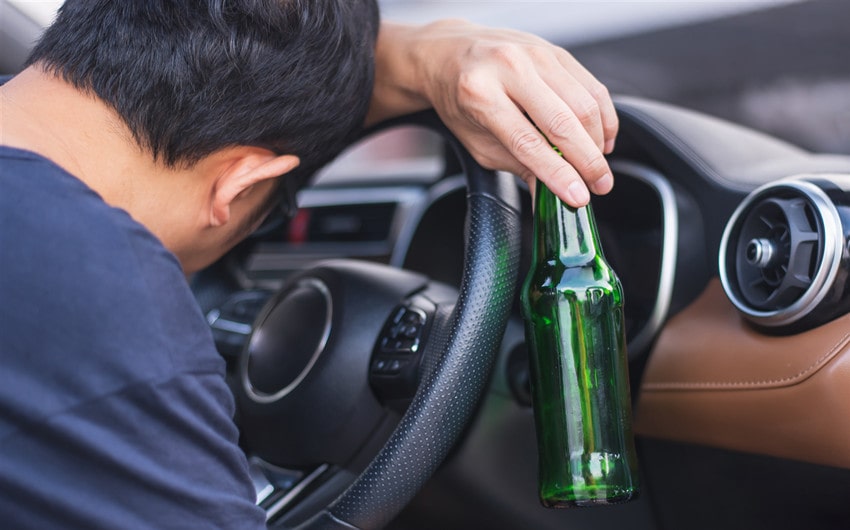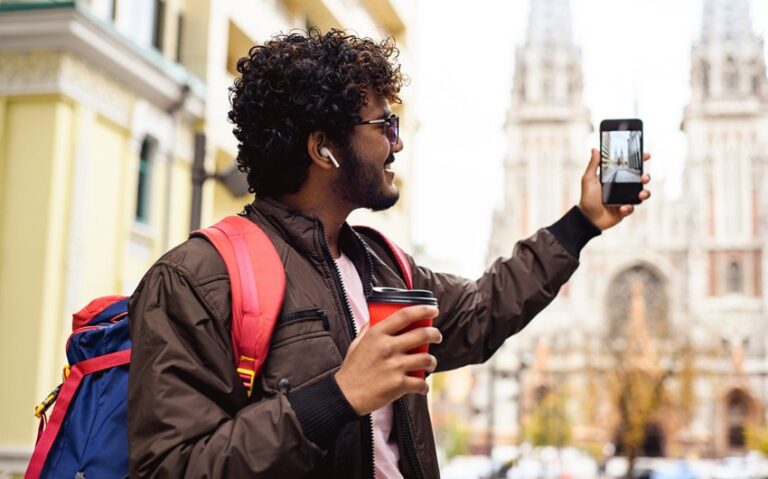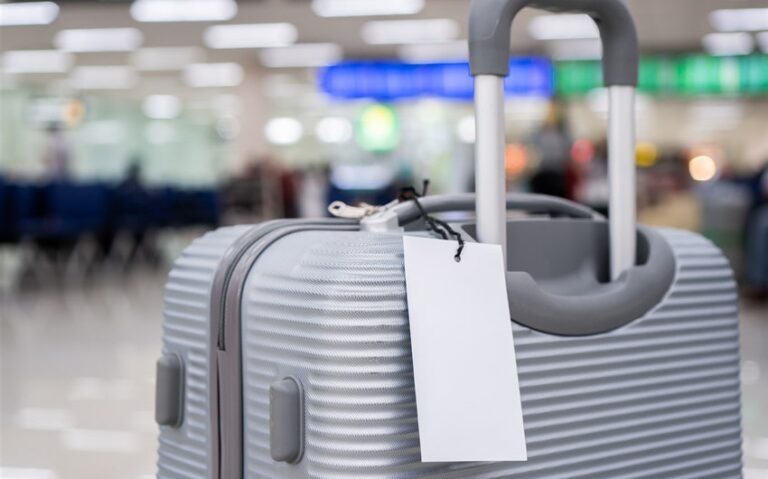Countries With DUI Travel Restrictions: What You Need to Know Before You Go
Planning international travel is usually exciting—picking flights, imagining views, and counting down the days. But if you have a DUI on your record, that excitement can quickly turn into uncertainty. A lot of travelers don’t realize how much a past conviction can affect future border crossings.
Some countries take DUI convictions very seriously, even if they happened years ago. Others are more flexible, especially if no jail time was involved. And then there are places where the rules are vague but inconsistently enforced, which can make planning even trickier.
Here’s what you need to know about how different countries treat travelers with DUI convictions—and what to do before you book your ticket.
Canada
Canada has one of the strictest policies when it comes to DUI-related travel restrictions. Even a single DUI, no matter how minor or how long ago it occurred, can result in you being denied entry. This applies whether you’re flying or crossing by land from the U.S.
The Canadian government treats impaired driving as a serious offense under immigration law. If your conviction was within the last 10 years—or even if it’s older—you could be considered “criminally inadmissible.” The good news? There are pathways to entry, like applying for a Temporary Resident Permit (TRP) or Criminal Rehabilitation. A TRP is for short-term stays, while Criminal Rehabilitation is a permanent solution, usually available five years after you complete your sentence.
It’s essential to apply well in advance of your trip. Don’t assume you’ll be let in at the border. Canadian border officers have access to U.S. criminal records, and they do check.
Mexico
Mexico’s laws technically prohibit entry for people with serious criminal convictions, including DUI. However, enforcement is inconsistent and often left to the discretion of the immigration officer at the border or airport.
If your DUI is recent, resulted in jail time, or was classified as a felony, you may be at greater risk of being denied entry. That said, many travelers with older or single DUIs report entering Mexico without issue. Immigration officers don’t always check records, especially for short stays or tourist visits.
Still, it’s a gamble. If you’re concerned, contact the nearest Mexican consulate before your trip. You can also enter Mexico by land or sea, but the risk of being turned away still exists if flagged in their system.
Australia
Australia’s immigration process includes a “character test” that all visa applicants must pass. A DUI alone won’t automatically disqualify you, but your entire criminal record is considered. If you’ve been sentenced to 12 months or more in prison—either in one sentence or cumulatively—you may be denied a visa.
Tourists and business travelers from eligible countries typically apply for an eVisitor or ETA (Electronic Travel Authority). These applications ask about your criminal record. Be honest—Australia takes false declarations very seriously, and being caught lying will get you banned.
If your conviction was minor and did not involve jail time, your application may still be approved. In more complex cases, you might need to submit additional documents and wait for further assessment.
New Zealand
New Zealand’s entry rules are similar to Australia’s, with a focus on the severity and timing of your criminal conviction. If you’ve ever been sentenced to five years or more in prison, you may be permanently denied entry. If you’ve been sentenced to one year or more in the last 10 years, you could also be excluded.
For most travelers with a single, older DUI that didn’t result in significant jail time, entry isn’t usually a problem. But you still have to answer questions about your criminal history honestly when applying for a visa or electronic travel authorization.
If you’re unsure about your eligibility, it’s best to consult with the nearest New Zealand embassy. Being upfront about your record can help you avoid being turned away on arrival.
Japan
Japan has some of the strictest immigration policies regarding criminal history, although enforcement can be unpredictable. Any conviction that results in a sentence of one year or more—even if suspended—may lead to denial of entry.
DUIs can be problematic, especially if they involved injury, property damage, or jail time. Even misdemeanor convictions can raise red flags if they’re recent. Japan’s immigration officers have wide discretion at the point of entry, which means that even with a valid visa, you could still be refused at the airport.
Contact your nearest Japanese consulate before you travel if you have a conviction. They may advise you to apply for a visa instead of using the visa waiver program, which gives you a better chance of explaining your situation in advance.
China
China’s visa application process includes a question about past criminal convictions. While a single DUI may not disqualify you, failing to disclose it can result in your application being denied or revoked later.
If your DUI was minor, non-violent, and occurred several years ago, you’re unlikely to face major issues. However, multiple offenses, recent convictions, or jail time can complicate the process. Be transparent in your visa application, and include supporting documentation if necessary.
Each case is reviewed individually. If you’re traveling for work, study, or long-term residence, background checks are more thorough. For short-term tourism, the risk of denial is lower—but not zero.
South Africa
South Africa doesn’t have formal policies that bar travelers with DUI convictions. For short visits, such as tourism or conferences, travelers typically aren’t asked about minor criminal records during entry.
However, if you’re applying for a visa for work, study, or long-term residency, you’ll likely be asked to submit a police clearance certificate. In those cases, a DUI could affect your approval depending on the circumstances and timing of the offense.
It’s always a good idea to carry documentation if your conviction is recent or serious, just in case. But overall, South Africa is considered more lenient than other destinations on this list.
United Arab Emirates (UAE)
The UAE has a zero-tolerance policy toward drugs and alcohol-related offenses within its borders. But for travelers with DUI records from other countries, entry is often decided case by case.
Short-term travelers rarely encounter problems, especially for business or tourism. The UAE doesn’t always ask about criminal history for tourist visas, and border officers don’t consistently check international records for minor offenses.
However, if you’re applying for a long-term visa—like for work or residency—a background check is required. A DUI could raise concerns, particularly if it’s recent or involved jail time. Contact your nearest UAE embassy if your case is complex.
United Kingdom
The UK generally takes a more flexible stance on DUI offenses compared to countries like Canada or Australia. A single, non-violent DUI without a prison sentence is unlikely to prevent you from entering the UK.
Their immigration officers are more focused on whether someone poses a threat to public safety or is likely to overstay. That said, repeat offenses or a recent conviction could prompt questions or delays.
If you’re applying for a visa for work, study, or long-term residence, you’ll have to disclose your full criminal history. Honesty matters, and supplying context can help your application succeed.
Final Thoughts: Plan Ahead, Be Honest, Travel Smart
Having a DUI on your record doesn’t mean you can’t see the world. But it does mean that you need to do more homework than most travelers. Every country has different rules—and some take past convictions far more seriously than others.
Before you book a flight, research that country’s immigration policies. Talk to a consulate. Make sure your documents are in order. And if there’s a legal pathway—like a permit or special application—start it early. These processes can take weeks, sometimes months.
One mistake doesn’t have to define your life, but it will affect how you move through it. Travel with intention, humility, and a little extra preparation. The world is still out there—waiting for you to arrive, responsibly.







